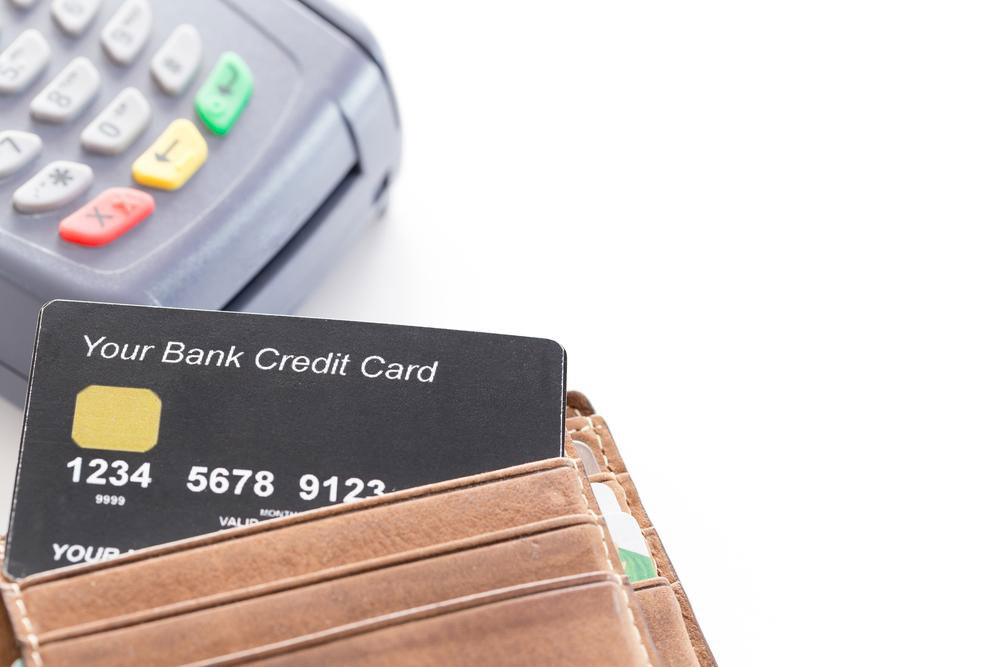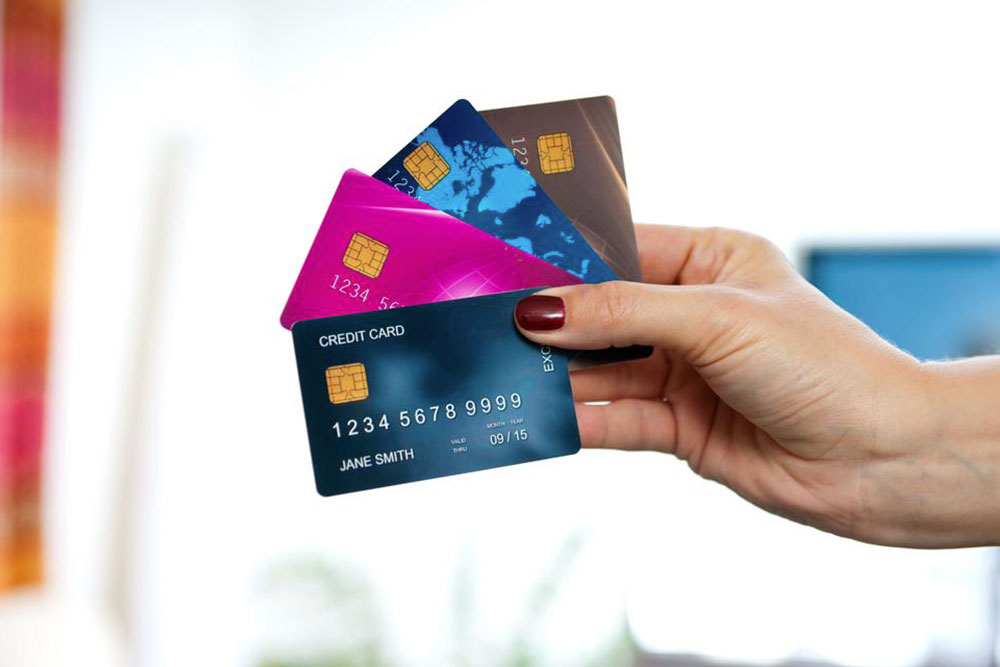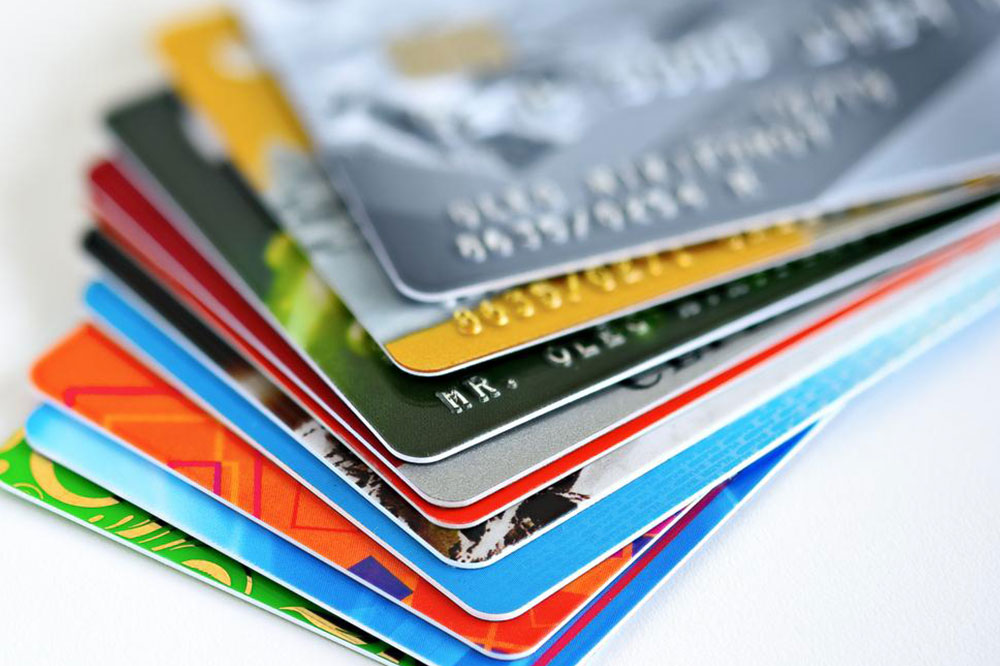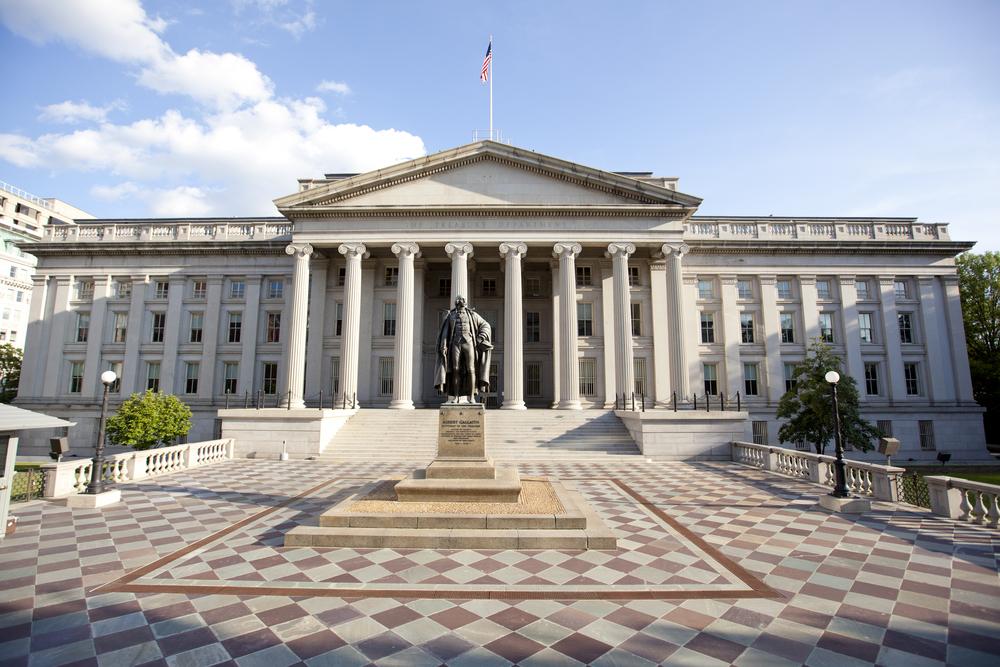Essential Tips for Selecting the Perfect Credit Card
This guide offers essential insights into selecting the ideal credit card by highlighting types, benefits, disadvantages, and key factors to consider. It helps users make informed decisions, maximize rewards, and manage credit responsibly for improved financial health.

Essential Tips for Selecting the Perfect Credit Card
A credit card is a convenient plastic card enabling users to borrow funds interest-free from a lender to make purchases, which must be repaid within a specified grace period. It can be used for a wide range of expenses, from daily groceries to luxury vacations. Each card has a unique number linked to a credit account managed by a bank or financial institution. These cards feature a magnetic strip for transactions at merchant terminals, facilitating seamless digital payments.
Credit cards are the leading method for cashless payments worldwide. If the balance isn't settled within the grace period, usually 25-30 days, interest charges will be added. Lenders like Bank of America and Citibank set interest rates, fees, rewards, and credit limits, with transactions processed through networks such as Visa or MasterCard.
Lenders evaluate various factors before approving a credit card. Depending on financial needs and qualifications, cards generally fall into two categories: secured and unsecured.
Secured credit cards: These require an upfront deposit, which determines the credit limit and acts as collateral in case of non-repayment. Interest is charged against this deposit.
Unsecured credit cards: No initial deposit is needed. Borrowers can make purchases within a predetermined limit, often based on their credit history and trustworthiness.
Further classifications include:
Travel rewards cards: These often partner with airlines and earn miles or points on flights, hotels, car rentals, and lounge access, ideal for frequent travelers.
Cashback cards: Earn points or cashback on all spending, which can be redeemed or deposited into savings accounts.
Retail rewards: Issued by specific stores, these cards offer discounts or rewards on categories like electronics, groceries, or clothing.
First-time cards: Designed for newcomers or students building credit history.
Advantages of using a credit card:
Provides security by blocking stolen cards to prevent losses.
Protects purchases with merchant protection services if the seller goes out of business.
Offers rewards like travel insurance, points, or cash back on purchases.
Allows large purchases with manageable repayment over time.
Building a strong credit history for future loans such as homes or vehicles.
Disadvantages include:
Risk of overspending due to ease of transactions.
Late payments can incur high interest rates, negating reward benefits and increasing debt.
Choosing the right credit card involves:
Assessing your repayment ability; higher rewards often come with higher interest rates.
Comparing interest rates, including APRs for purchases, transfers, and cash advances.
Reviewing applicable fees: annual, transfer, foreign transaction, late payment, and over-limit fees.
Ensuring responsible use and timely payments to build good credit history, while avoiding fraud or misuse risks.










